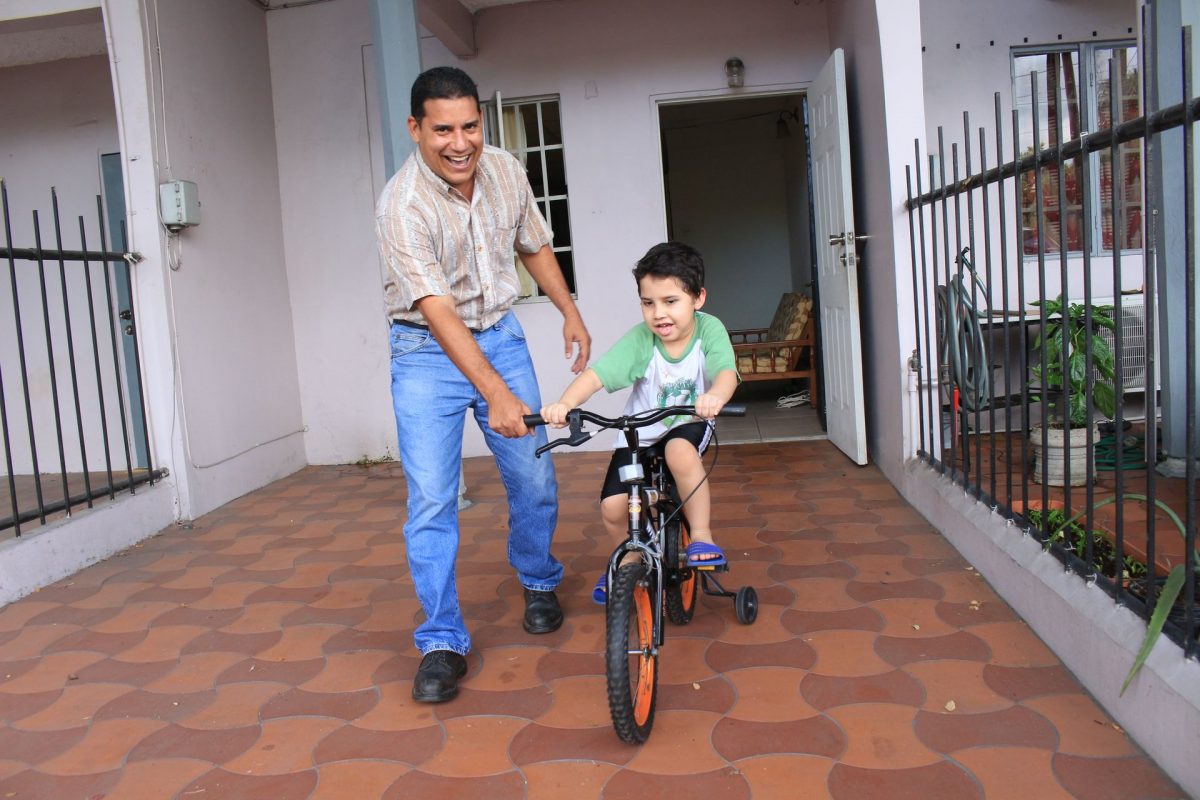(Trinidad Guardian) It’s been a little more than a year since Venezuelan migrants were registered allowing them to live and work in Trinidad & Tobago.
But now that the year has passed, some migrants are calling for an extension saying the conditions in their homeland have not improved.
Some said the COVID-19 lockdown had left them jobless and bereft of savings, all of which went to pay exorbitant rents and aid for their families still living in Venezuelan.
During an interview with Guardian Media, Venezuelan Judge Manuel Romero said his ID card has expired and he was worried about the future.
He said when the registration took place, his daughter was 17 but now that she turned 18, she is now considered an adult. He said she has not been working and cannot get a job letter needed to get a six-month extension.
Romero expressed gratitude to the Trinidadian people who helped him this past two years as he moved from job to job, working first as a fisherman, then a painter, a carpenter, a grass cutter, a security guard, a shop attendant and finally an accountant.
His wife Lorimar Silva who is an economist previously employed with the Venezuelan Military University has been working two days for the week. Romero said while he has made a good life for himself, many other migrants were suffering.
He said in Venezuela, the economic conditions had worsened.
“If you have family outside of Venezuela and they send money for you, then you will survive but if you have nobody, you can get nothing and you will not survive,” he said.
He also said the country was so dangerous that you could not walk freely down the street with gods, without being robbed. With no gas available, Romero said many people had no access to food and medicine.
Meanwhile, director at the La Romaine Migrant Support Group (LARMS) Angie Ramnarine said the Minister of National Security should consider extending the registration policy for another year.
She said when the migrants were registered it took between three months to six months to collect their cards. Some people were collecting cards even up to January this year. Then in March, we had COVID-19 and many migrants could not find jobs.”
Without job letters and valid ID, Ramnarine said the migrants were now at a disadvantage.
“I feel we should give them another year in order to rebuild themselves and form a sound economic base. Many of them encountered a lot of discrimination as they set about earning a living but employers are now showing deep satisfaction for the Venezuelan workers because of the hard work they do,” Ramnarine said.
Meanwhile, Mon Signor Christian Pereira who has been working closely with the Venezuelan migrants said he also felt there should be an extension as the conditions in Venezuela had not improved.
“The situation in their homeland has not changed for the better and we must take this into consideration,” Pereira said.
Several attempts were made to contact Minister of National Security Stuart Young but calls went unanswered.
In 2017, Rochelle Nakhid, coordinator of the non-governmental organisation Living Waters Foundation’s Ministry for Migrants and Refugees said over 40,000 Venezuelans were living in T&T.
However, the government registered only 16,523. On the last day of registration, hundreds of Venezuelans were lined up at all three registration centres. Many of them wept after the registration doors closed. Calls were made for the registration to be extended but this was not done by the government.
Since then thousands more migrants have entered T&T illegally and have started building their lives with the help of Good Samaritans.

